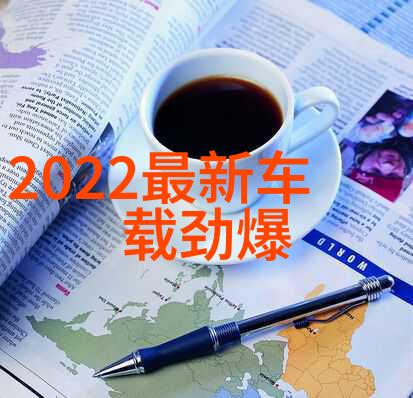俄罗斯紧急求援中国遭冷淡回应中俄关系紧张
俄罗斯求助中国遭拒绝:中俄关系紧张的背后

为什么会出现这样的外交低潮?
在国际政治舞台上,国家之间的互动复杂多变。近年来,中俄两国在全球战略布局上越来越紧密,这种关系发展得如此迅速,以至于其他国家开始对此产生警觉。在这种背景下,俄罗斯面临着严重的经济困境和地缘政治挑战时刻向中国求助,却遭到了冷淡回应。

中俄合作:一个看似牢不可破的联盟
自2014年乌克兰危机以来,中俄两国加强了军事和经济合作。他们共同参与了一系列国际项目,如建设石油管道、举办重要体育赛事等。此外,他们还签署了一系列重大协议,比如关于天然气输送管线、核能合作以及军事技术转让等。这使得人们普遍认为这是一个稳固而牢不可破的联盟。

但是在背后隐藏着深层次矛盾
尽管表面上的合作看似顺利,但实际上双方存在许多分歧。一方面,由于历史原因和文化差异,两个国家在价值观念上存在较大差异,这导致了政策制定上的不一致。另一方面,在全球治理体系内,每个国家都有自己的核心利益,而这些利益往往是相互冲突的。在某些关键议题上,比如南海问题、中东局势等,对立情绪日益显著。

经济困境下的求援
随着西方对其实施严厉制裁(包括金融制裁),由于能源出口受限以及国内社会动荡等因素,加之2022年的乌克兰战争造成巨大损失,Russian economy suffered a severe blow. 在这种情况下,当俄罗斯政府寻求帮助时,他们发现与中国这位传统盟友之间隔阂变得难以逾越。

中国态度坚决:维护自身利益不容忽视
当Russia sought help from China, it was met with an icy response. This is not because China does not want to help its old friend, but rather because Beijing has its own set of priorities and interests to protect. With the Belt and Road Initiative (BRI) as a cornerstone of its foreign policy, China cannot afford to be seen as undermining international sanctions or condoning aggressive behavior.
未来的走向:如何平衡伙伴关系与国际责任?
The future trajectory of Sino-Russian relations remains uncertain. Both countries face significant challenges in maintaining their strategic partnership while also fulfilling their global responsibilities. The key will be finding ways to address these contradictions without compromising on core values or national interests. As tensions continue to rise between major powers around the world, understanding the complexities of this relationship will become increasingly important for all parties involved.
In conclusion, Russia's request for aid from China was rejected due to deep-seated differences in values and strategic priorities that have been building over time. While cooperation continues on certain fronts, the underlying tension highlights the need for both nations – and indeed all nations – to navigate these complex relationships with care and prudence in order to avoid unintended consequences that could destabilize the global landscape even further.
文章结束



